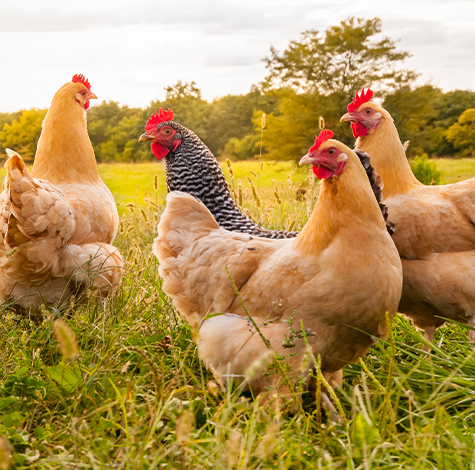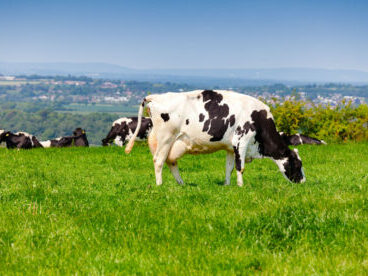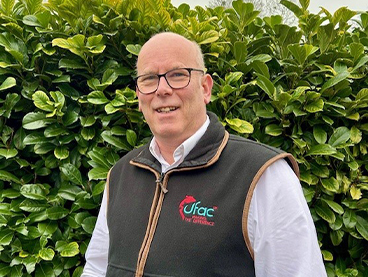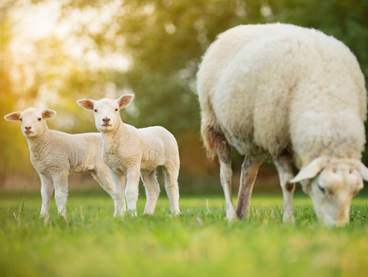Sustainable protein source offers viable alternative to soybean meal and fishmeal in pig diets
Environmental impacts and difficulties of sourcing soybean meal and fishmeal for use in pig feeds can be mitigated with a speciality vegetable protein concentrate, providing an effective, viable and sustainable alternative for pig diets.
Soybean meal and fish meal are widely used in pig feed, due to their high content of quality protein (46-72%). They have high biological value, good amino acid balance and digestibility as well as providing a source of energy.
However, in recent years these protein sources have become increasingly expensive. Sustainability of their sourcing and impact on climate change are also coming under heavy scrutiny by the consumer.
“In addition to environmental concerns, antigenic proteins in soybean meal can influence the immune response of the gut, creating a gateway for the proliferation of pathogenic bacteria,” explains Joe Magadi, technical manager at nutritional supplement manufacturer UFAC-UK.
“Similarly, poor quality fish meal may contain significant quantities of non-protein nitrogen (NPN) from bacterial breakdown of fish offal, prior to the heat process, supplying nitrogen to the pathogens in the hind gut, thus compromising pig health,” he adds.
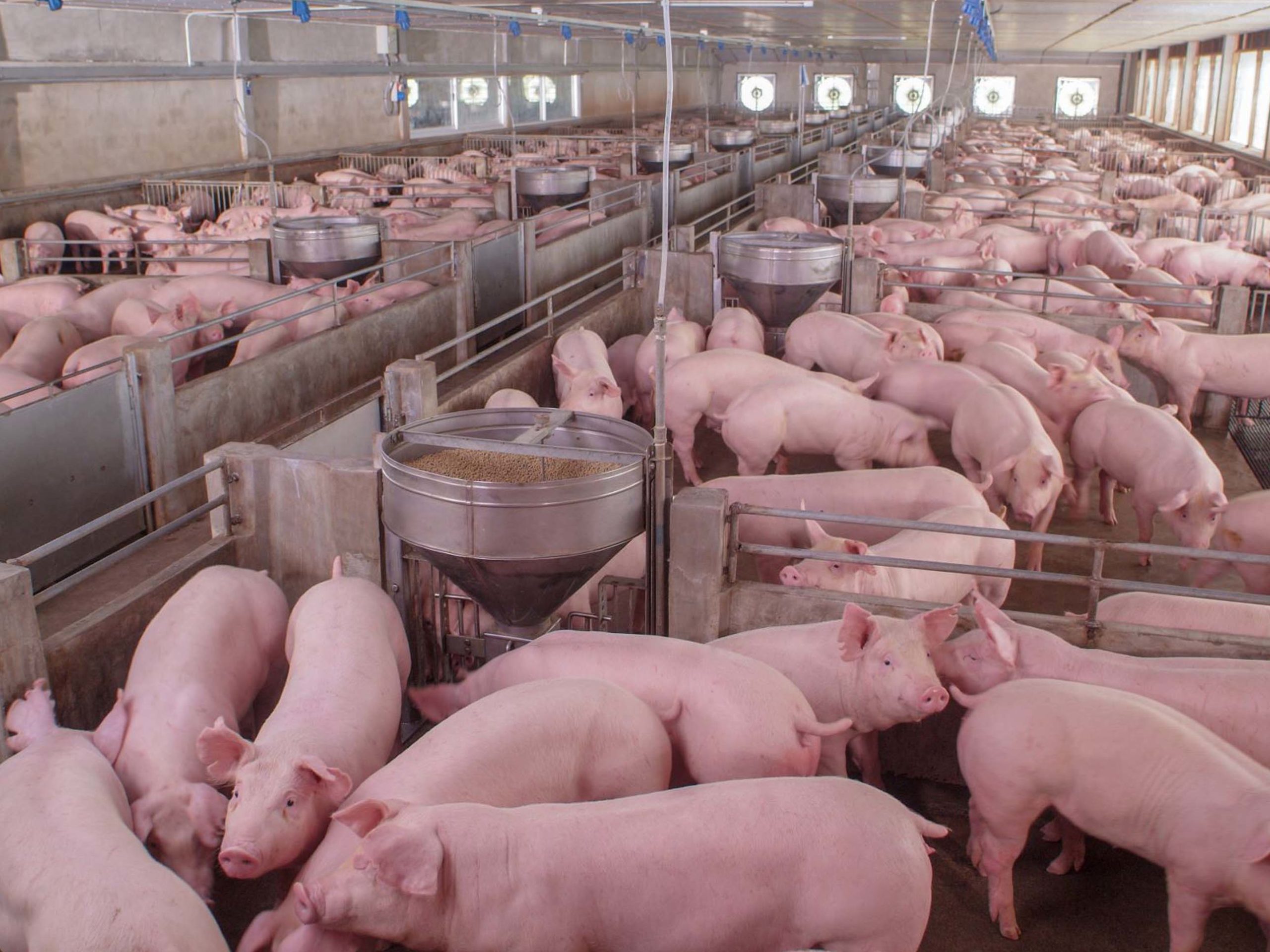
Sourcing of alternative vegetable protein feedstuffs has therefore been urgently sought in the feed industry. There has been some success in using rapeseed meal with 34% protein, supplemented with synthetic amino acids, to substitute for soybean meal or fish meal.
“This has the potential to provide opportunities for diversifying the feedstuff matrix by using more economically sourced home-grown raw materials, without negatively affecting the performance of pigs and quality of their products,” continues Mr Magadi.
As an alternative protein source in pig diets, UFAC-UK has produced OptiPro, a speciality vegetable protein concentrate based on cooked rapeseed meal, vegetable protein concentrate, essential amino acids, minerals and omega 3 oils.
“Although the product is lower in protein, the emphasis in formulating pig rations is on meeting the essential amino acids requirements rather than minimum protein level. Lower protein diets for pigs would benefit the environment,” says Mr Magadi.
Lowering of dietary protein content in pig feeds using supplementation with synthetic amino acids has been identified in Canada as the single most effective strategy of reducing nitrogen excretion and N2O into the environment.
Elsewhere, it has been demonstrated that a 20% reduction in dietary protein can mitigate nitrogen excretion by as much as 35%, provided that the low protein diets supply adequate essential amino acids.
“A secondary benefit of reduced dietary protein content in feed is the reduction of CO2 emissions from livestock as a result of improved utilisation of dietary energy,” says Mr Magadi.
“The development of the pig sector with the right environmental credentials will allow producers to be at the forefront of delivering a consumer-friendly food policy.”
Typical analysis of OptiPro compared with soybean meal and fish meal
| OptiPro | Soybean Meal | Fish meal 66 | |
| Dry matter (%) | 90.0 | 88.0 | 90.0 |
| Oil (%) | 8.0 | 1.5 | 7.7 |
| Protein (%) | 36.0 | 46.0 | 66.0 |
| Fibre (%) | 6.6 | 4.7 | 0.5 |
| Ash (%) | 13.7 | 6.3 | 21.0 |
| Calcium (%) | 3.2 | 0.3 | 6.5 |
| Phosphorus (%) | 2.5 | 0.64 | 3.6 |
| Dig. Phosphorus | 1.38 | 0.42 | 1.58 |
| Lysine (%) | 4.70 | 2.83 | 4.46 |
| Methionine (%) | 1.53 | 0.62 | 1.75 |
| Threonine (%) | 3.07 | 1.82 | 2.64 |
| Tryptophan (%) | 0..92 | 0.63 | 0.59 |
| NDF (%) | 16.0 | 11.5 | 1.0 |
| DE (MJ/kg) | 15.0 | 14.9 | 15.6 |
| omega 3 FA (%) | 1.00 | – | 0.62 |


 Back to News
Back to News 